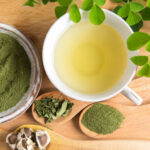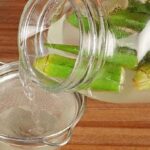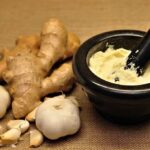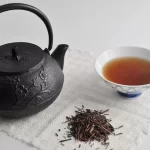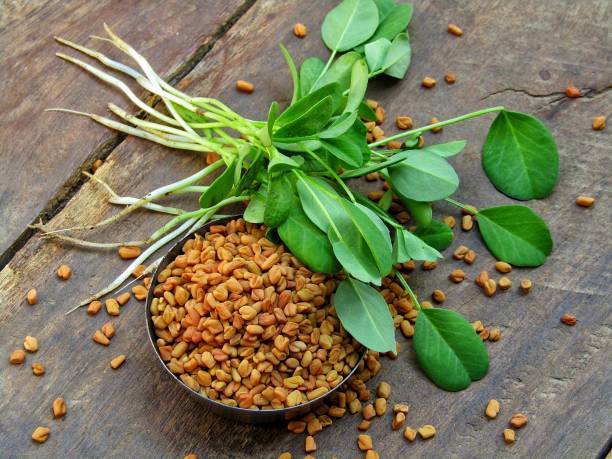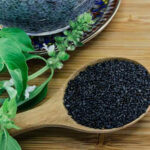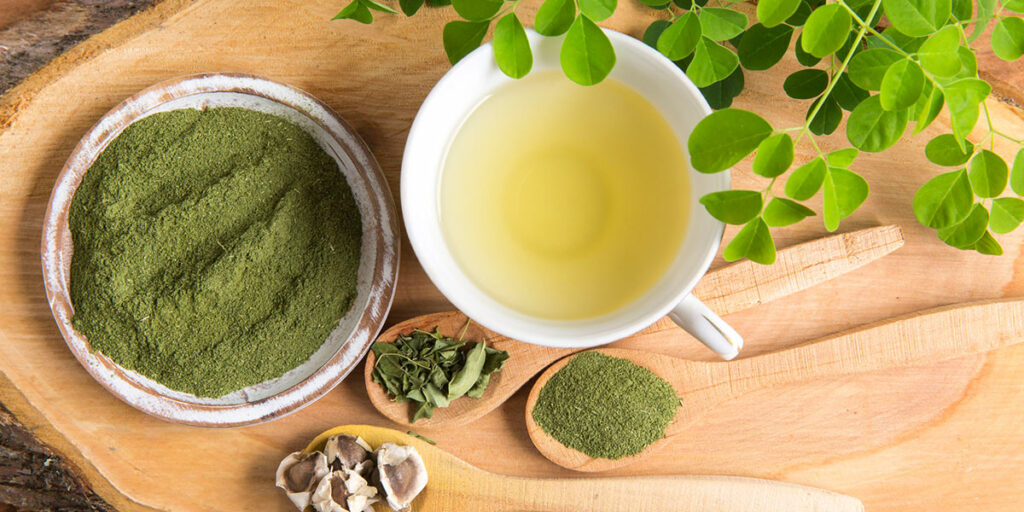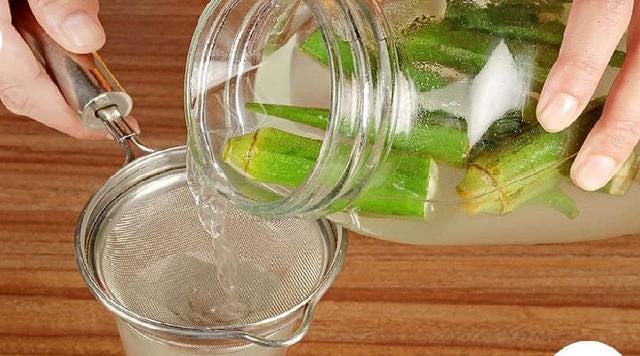Health Benefits of Fenugreek Seeds
Reducing inflammation and acting as a good food for the stomach are some of the primary benefits of fenugreek seeds. As a plant for the stomach, fenugreek is one of the ancient medicinal herbs with efficient mild laxative properties.
According to researches, The Ebers Papyrus which is one of the Egyptian medical documents dated in the 15th century B.C, recommended this wonderful medicinal herb as a plant used in treating burns.
Again, Hippocrates also made a tremendous remarks regarding the healing properties of its flour mucilage.
You may like: Natural Remedies for Drug Detox

This plant (Trigonella foenum-graecum L) of fenugreek seeds is a plant of Leguminoseae family which grows up to 50 cm in height. The seeds are contained in large pods that are narrow.
The aroma of the whole plant is quite unpleasant. The part of the plant used for medicinal purposes are the seed.
Fenugreek seeds affect the following:
- Lungs
- Reproductive organs
- Stomach
- Intestines
Properties
Benefits of fenugreek seeds lie in that fact that it is rich in protein and mucilage. As a stated above, when used internally, they proffer mild and effective laxative actions, apart from the fact that they reduce inflammation.
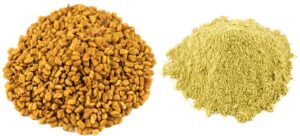
Another one among the benefits of fenugreek seeds is that they protect all digestive mucosa (that is, an emollient mucilage properties).
This is the reasons fenugreek is seen as a medicinal herb for the stomach.
An important property that brings about more benefits of fenugreek seeds is that it facilitates all digestive processes, making them quite active, and also improving a better metabolism of other foods.
Indications regarding benefits of Fenugreek seeds
In essence, being useful for all sorts of mucous conditions of the lungs is also one of the benefits of fenugreek seeds. It is also noteworthy that when a large amounts of the decoction of this medicinal is given to individuals suffering from tuberculosis, it helps strengthen them and also makes them recover from other ailments.
Furthermore, fenugreek seeds are good for the following:
- Stomach
- Fevers
- Bronchitis
- Ulcers
- Diabetes etc.
Other illnesses or conditions in which it is recommended to use fenugreek seeds are: gout, asthma, hoarseness, emphysema, hay fever, heartburn, migraine, neuralgia, sciatica and gas.
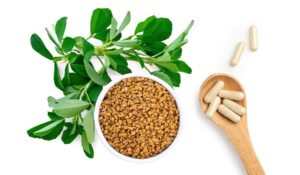
As it reduces mucus, it helps people suffering from sinus and asthma. Another amazing property serving as one of the benefits of fenugreek seeds is that it stimulates lactation in nursing mothers. This amazing medicinal herbs helps lower cholesterol and blood sugar levels. It is also important for the eyes.
Fenugreek seed flour is also among some of the invigorating substances that is recommended as a remedy for individuals suffering from anemia or lack of appetite as well as those who wish to gain weight.
If you’re looking to increase your appetite for food and gain some weight naturally, you would have to opt for fenugreek seed flour.
As it is, it seems that external use of this medicinal herb is the most known application. It is said that decoctions of fenugreek seeds provide a paste that is rich in mucilage which is tremendously effective in cases of skin afflictions, hemorrhoids as well as aching joints.
In summary, Fenugreek seeds have the following properties:
- Expectorant properties
- Aphrodisiac properties
- Astringent properties
- Tonic
- Galactagogue
- Emollient
- Demulcent
Preparation and Use
Internal use
- Decoction with a spoonful of seed flour per cup of water. Add honey or brown sugar and take as a puree.
- Dry extract: For each of the three meals taken daily, the recommended dose here is just a gram.
- Infusion: Steep 5 – 15 minutes. One cup should be taken during the day, cold or hot.
- Tincture: 30 – 60 drops 3 times a day
- Fluid extract: Take ½ – 1 tsp. 3 times a day
- Powder: Take 2 – 10 #0 capsules (10 – 60 grains) 3 times on a daily.

A graduate of Computer Science and Information Management Technology. Diploma – Caregiving, Certificates – Dementia and Diabetes Awareness and Management. A researcher, blogger, songwriter, singer and acoustic guitarist. Born in an environment where natural talents such as healing are imparted at our natural birth. This natural talents of healing is the result of our genetic inheritance and the training from family environment.


